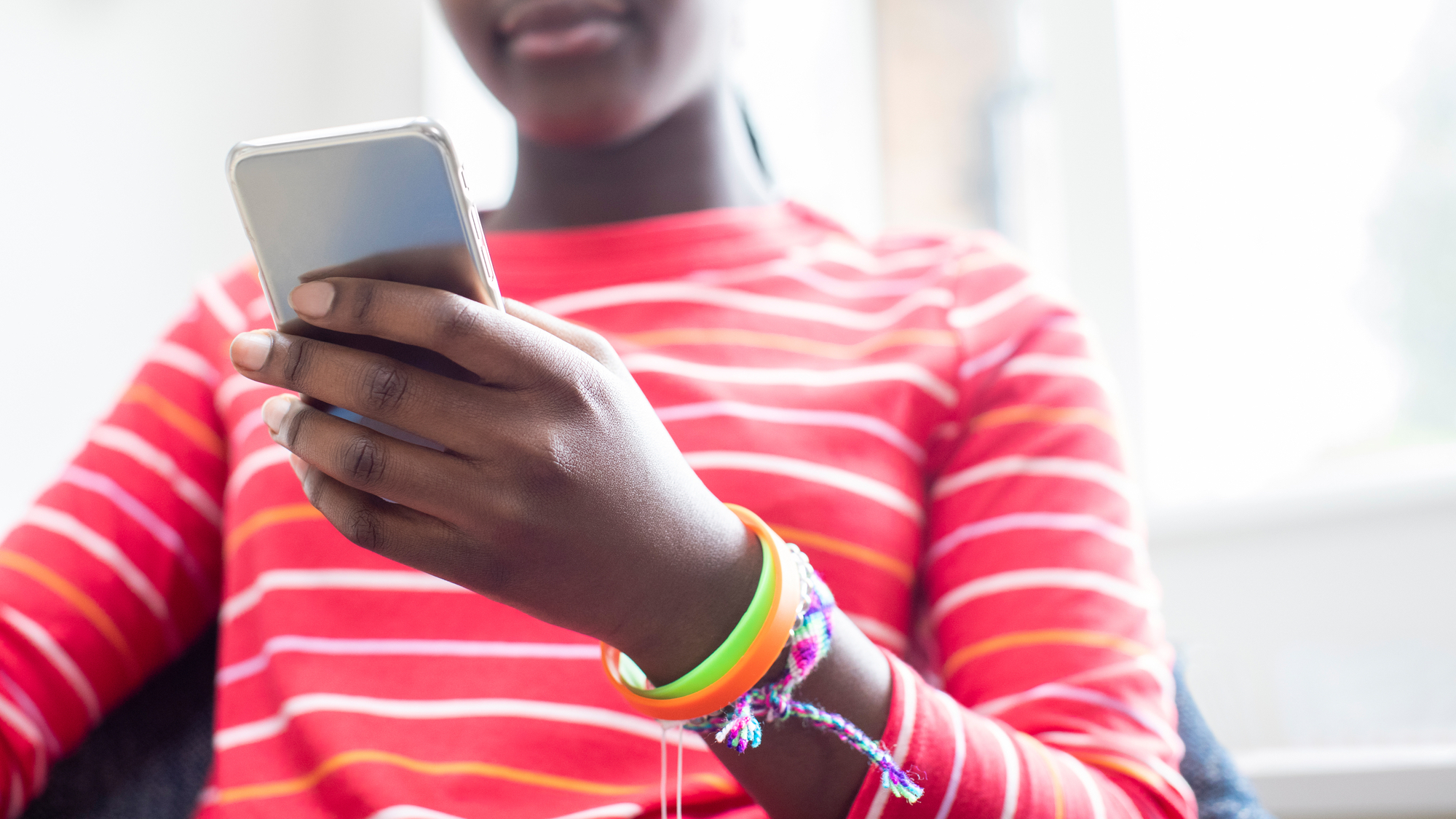

Following a similar report issued by the American Psychological Association (APA) earlier this month, the US Surgeon General released an advisory statement on Tuesday warning of social media platforms’ potentially harmful effects on minors.
While cautioning more research is still needed to understand the full scope of social media’s impact on children, adolescents, and teens, Surgeon General Vivek Murthy’s office makes clear they believe “ample indicators” show social media can represent a “profound risk of harm to [their] mental health and well-being.”
“We are in the middle of a national youth mental health crisis, and I am concerned that social media is an important driver of that crisis—one that we must urgently address,” Murthy said in a statement this week, citing the “growing evidence” supporting their worry. In one such study referenced, adolescents who spend over 3 hours per day on social media faced double the risk of mental health issues such as symptoms of anxiety and depression. Additional research cited by the Surgeon General’s report points towards particular harm for girls, who face cyberbullying and body-image issues.
[Related: APA releases youth social media guidelines.]
“At this time, we do not yet have enough evidence to determine if social media is sufficiently safe for children and adolescents,” the advisory states.
At the same time, the advisory statement makes it clear that children and adolescents utilize and are influenced by social media in vastly varying ways. The ways children are impacted by social media are often based on their particularly emotional and psychological strengths and vulnerabilities, as well as cultural, historical, and socio-economic factors. Some of these experiences on social media can prove beneficial, such as offering spaces for community and connection with like-minded individuals sharing “identities, abilities, and interests,” alongside offering access to important information and spaces for self-expression.
As The New York Times noted on Thursday, social media has also proven especially helpful to children and teens within the LGBTQ+ community. “[A] variety of research over the decade since social media became ubiquitous among teenagers has found that often, social media use has been more beneficial than not for LGBTQ youth,” the article states.
A Surgeon General’s advisory does not carry any legal weight, but often serves as a public statement calling attention to a health issue alongside subsequent recommendations for policymakers, businesses, and the public. Among other suggestions, the Surgeon General’s office urges lawmakers to enact legislation ensuring tech companies share relevant health impact data to independent researchers and the public “in a manner that is timely, sufficiently detailed, and protects privacy.”
Additionally, the report recommends the development and implementation of digital and media literacy curricula in schools, as well as encouraging policies that “further limit access—in ways that minimize the risk of harm—to social media for all children.”
[Related: How to use built-in parental controls on Instagram, TikTok, and more.]
Meanwhile, businesses such as Meta, Twitter, and TikTok’s parent company, ByteDance, are pushed to maintain a proper level of transparency about their own internal research and methods for developing products used by minors—something that’s frequently proven difficult to realize. Parents are also strongly encouraged to discuss, educate, and monitor their children’s social media habits.
Earlier this month, the American Psychological Association released its first-ever health advisory report on youth and adolescent social media usage, which spoke broadly of potential developmental effects stemming from experiences on platforms like TikTok, Instagram, Twitter, and Facebook. The APA’s 11-page outline described these apps as “not inherently beneficial or harmful to young people,” but stressed it was rather how minors used the apps that influenced them.
